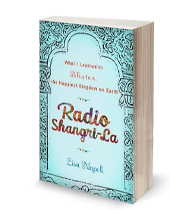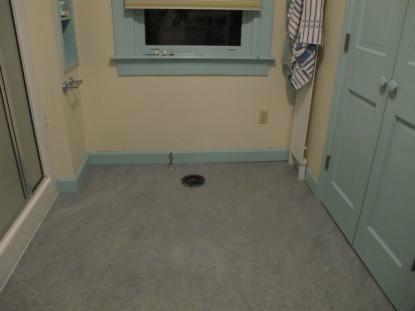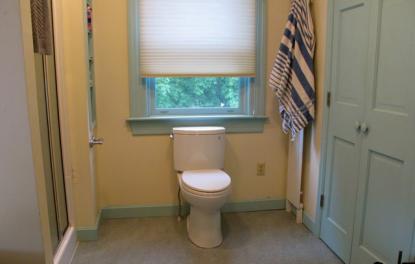The minutiae of our daily lives—in this household with four children it’s piles (and piles and piles) of laundry, food that is amassed and cooked only to disappear again, tears and boredom and bad moods and waking up for school and getting to school and getting home from school and also things breaking* and clutter and hopes to declutter—has a way of overtaking our ability to focus on the wealth of our daily lives. I’m not talking this country is relative to the rest of the world rich. I’m talking I’m listening to the rain drumming and just glimpsed a two tones of blue umbrella go by.
We live cluttered and busy—and too fast.

Going so fast, we strive for something beyond us—recently, I wrote about Junior Kumon (seriously?). That often means we neglect the fun we could have by letting the moment we are living just be… fun. But I’m not talking about some “we” that is societal and Junior Kumon and add more extracurricular activities so you can get into the college of your choice; I’m talking about me. I’m talking about how hard it is sometimes to get the eight year-old to let me read to him (we’re very slowly reading Laura Ingalls Wilder’s The Long Winter) and how when he listens, he gets drawn in (I was drawn in starting at his age, and always can be again). I’m talking about how delicious it is to read him to sleep. I’m talking about so many moments like that and the fact that they are readily available to me.

Lisa Napoli was in search of her own chance to slow herself down and to appreciate what was right in front of her. Yes, you learn from her book’s title—Radio Shangri-La: What I learned in Bhutan, the Happiest Kingdom on Earth—that she went all the way to Bhutan to make some discoveries that she carries now wherever she goes (sometimes, Bhutan). And given that you might wonder if she’s going to make you want to flee your piles of laundry for Bhutan. I’ll answer that question: yeah.
But also, no—the beauty of this read is that you get to take an extremely satisfying armchair journey. I so enjoyed the terrifying car rides, the radio station in the kitchen, and more than all the scenery or physicality of her trip, the evolution of friendships made. Her observations about the rest of the world streaming in to a country that had until nearly just then been cordoned off were particularly compelling. What a fascinating moment to participate in a place’s development—and the changes, which seemed to accumulate velocity (like a snowball going downhill).
From before her trip and through and beyond, the lessons Napoli reflects upon are about the immediate: find three good things every single day (until you’re living such that you naturally note and appreciate and don’t have to keep track); through this kind of process, you can be here now—for real. And by reveling in where you are and what you’re doing and what’s in front of you, you savor the moments rather than reaching toward the next best thing you think you need to consume or achieve. You realize life is where you are not where you think you’re wishing to go.
**
Case in point* happened in my house this week: the toilet that broke and took weeks to replace finally was replaced. You never think to be thankful for plumbing that works. That is, until it doesn’t.


It seems so disarmingly simple, so much so that it shouldn’t be true: the more you appreciate the here and now, the happier you are. I’m not sure what this means for my little town filled to the gills with therapists. For many of us I guess it takes some therapy before we can open our hearts and minds to the three good things, so maybe they’re in luck.
I don’t consciously think of three good things daily. But my powers of observation and my sense of gratitude are only on the rise and I’m definitely a convert of some sort to the three good things approach.
Three good things from my day: cutting up the most delicious cantaloupe, listening to the rain while working, going to the rainy farmers’ market with two-thirds of my family.



